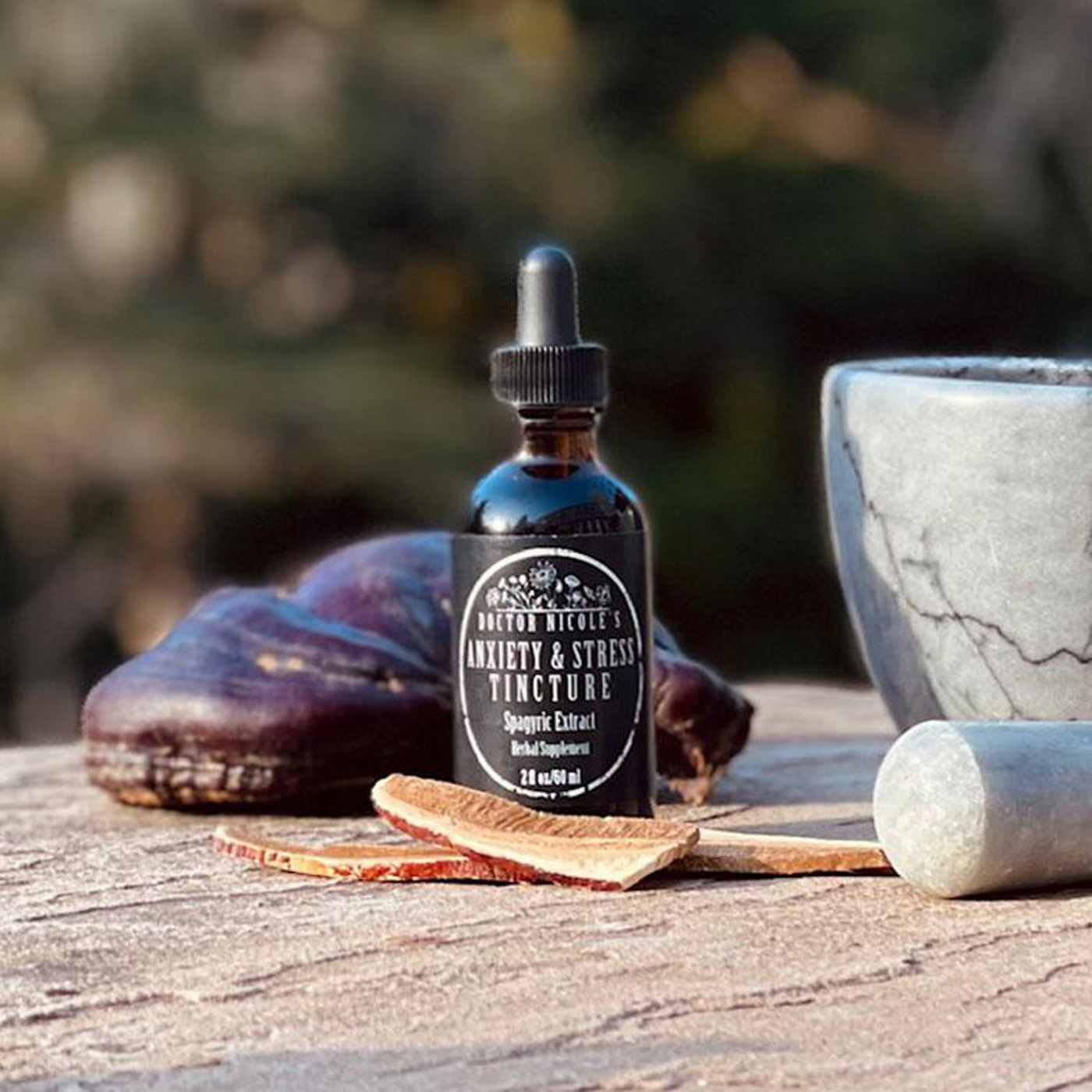A Life-Changing Habit
Truth be told, I am an enthusiastic advocate for practicing gratitude. It is one of the most powerful habits I’ve found for reducing stress, cultivating contentment, and promoting mental well-being. It can help us to live more sustainably, foster a sense of connection to others, and develop more resilience after adversity. There is no question that gratitude is a profound habit that can transform your life. What we may not know is that gratitude improves immune function, calms blood pressure, improves sleep, and encourages physical and mental hardiness. A growing body of research explains why.
The Power of Gratitude
“Gratitude blocks toxic emotions, such as envy, resentment, regret and depression, which can destroy our happiness.” — Robert Emmons, professor of psychology, UC Davis
Not only does gratitude encourage joyful states of being, but it also directly influences our lifestyle choices. Research has found that people who practice gratitude make better dietary choices, exercise more, and are less prone to health-sapping addictions like smoking and alcoholism.[1]
Moreover, gratitude has a significant impact on our physiological well-being. Gratitude is associated with lower levels of creatine in the blood, which is an important marker of kidney health. This practice also reduces levels of C-reactive protein, an indicator of cardiovascular disease and inflammation of the heart.[2] Gratitude is linked with higher levels of good cholesterol (HDL) and lower levels of bad cholesterol (LDL) as well.[2] It also improves heart rate variability (HRV).[3,4] If your HRV is on the lower end, it indicates an imbalance in the autonomic nervous system (ANS), which can lead to poor health outcomes.[3]
“Gratitude is good medicine,” says Robert Emmons. “Clinical trials indicate that the practice of gratitude can have dramatic and lasting effects in a person’s life. It can lower blood pressure and improve immune function.”
Additionally, practicing gratitude has been shown to lower rates of depression, anxiety, and stress.[5,6] This may be why gratitude has such a significant impact on immunity — when we have higher levels of depression, stress and/or anxiety, our immune system becomes compromised.[7] Importantly, gratitude has also been shown to reduce suicide risk as it reduces hopelessness, depression, feelings of isolation, and substance abuse.[8]
“When we embrace a habit of gratitude, the very structure of our brain changes so that we can develop a fresh way of thinking. In turn, this affects how we see the world, which can powerfully shift our thoughts so that we experience less stress and anxiety—and more tranquility, happiness, and joy.” – Gratitude: A Powerful Practice for Relieving Stress and Anxiety

Herbal Stress-Relieving Support
Feel as though you could use some extra help? Give my Anxiety & Stress Tincture a try. It’s a powerful blend of calming herbs and adaptogens, including: Lemon Balm, Reishi Mushroom, Lion’s Mane Mushroom, and Ashwagandha.
Nicole Apelian




